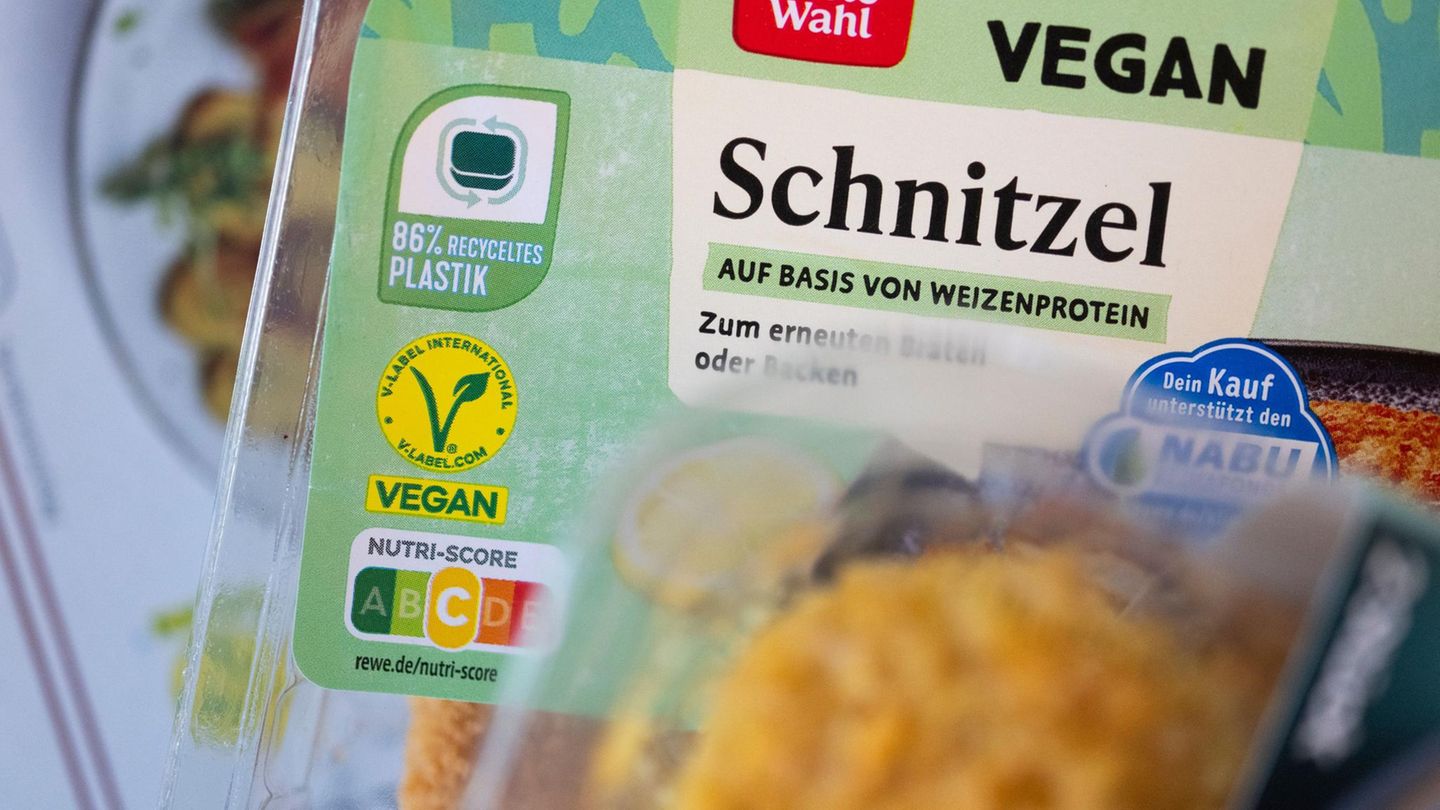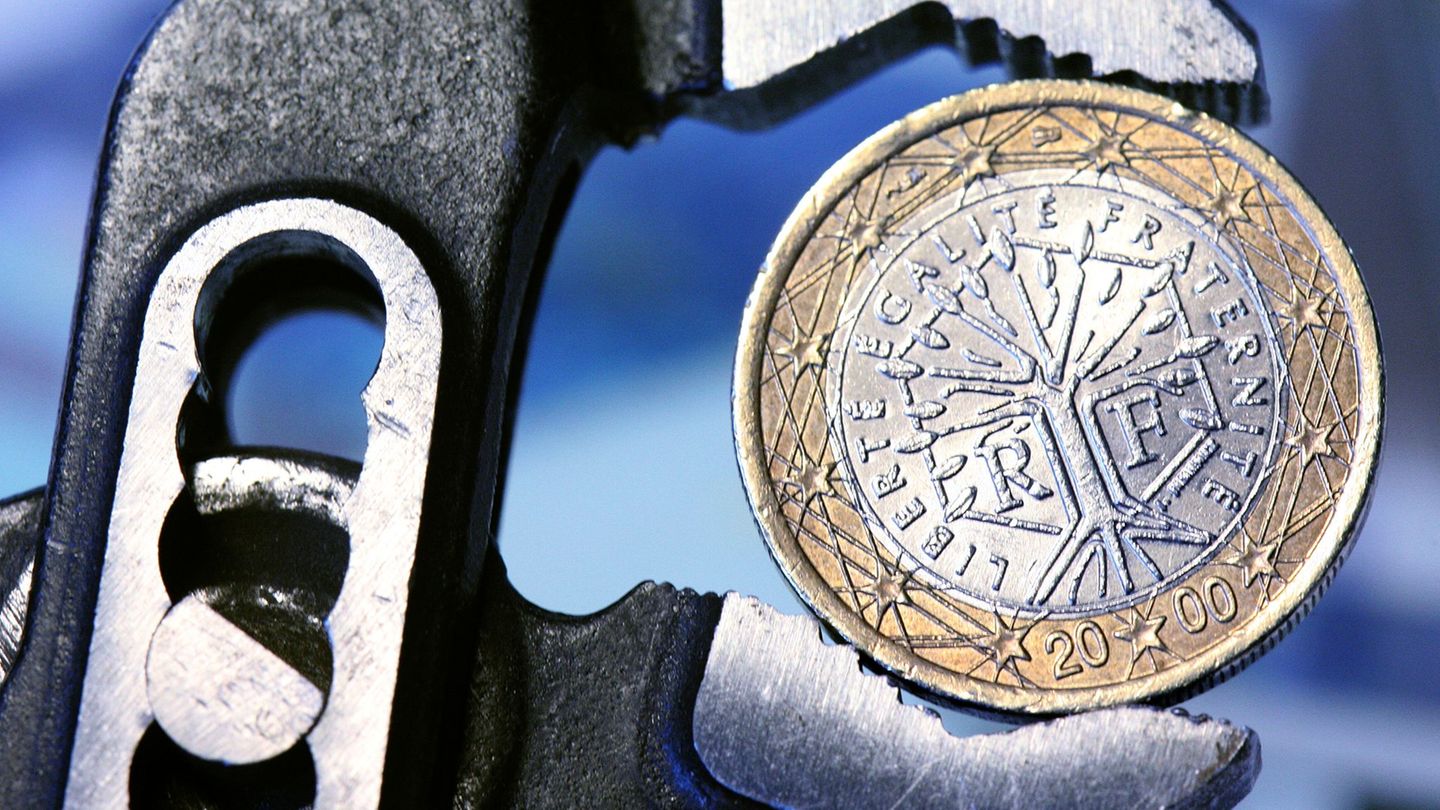“A full embargo would trigger an immediate recession in Europe, inflation would continue to rise and domestic politics would become even more difficult,” said economist Simone Tagliapietra of the Brussels think tank Bruegel. Instead, he proposes introducing tariffs on Russian energy to put further pressure on Moscow.
Video: Russian gas phase-out analysis
This video is disabled
Please activate the categories Performance Cookies and Functional cookies in your cookie settings to view this item. My cookie settings
Wifo boss Gabriel Felbermayr also spoke out in favor of tariffs on Russian oil and gas. A gas import substance means a recession. “If the gas is turned off unprepared in the fall, the damage would be even greater,” Felbermayr wrote on Twitter on Saturday. He urged politicians to prepare for it now. According to the scientist, this requires price signals, gradually introduced import duties on oil and gas and compensation via transfer payments.
“German industry would lose competitiveness”
Raphael Hanoteaux from the organization E3G said with regard to a gas embargo: “German industry, for example, would lose its competitiveness.” The reason for this is closures in the industry and even higher prices. The pharmaceutical industry has expressed concern that a quick stop to gas supplies from Russia could jeopardize the production of vital medicines.
This video is disabled
Please activate the categories Performance Cookies and Functional cookies in your cookie settings to view this item. My cookie settings
The CEO of the manufacturer Merck, Belén Garijo, told the “Frankfurter Allgemeine Zeitung” that a significant amount of natural gas is needed, especially to generate electricity and process steam. “Therefore, in the event of a short-term energy and/or gas shortage, we risk the production and supply of essential medicines and critical products for the development and manufacture of biologics and Covid vaccines.”
The German Federal Association of the Pharmaceutical Industry assumes that pharmaceuticals are seen as a critical infrastructure. “We expect that possible restrictions in our industry will come last or not at all,” demanded the head of the association, Hans-Georg Feldmeier.
Embargo on Russian coal
From the beginning of August, an embargo on Russian coal will apply, which the EU countries agreed on this week. Tagliapietra estimates that the EU currently spends €15 million a day on coal from Russia, but much more on Russian gas – around €400 million a day – and €450 million on oil from the country. That is why Poland and the Baltic countries, for example, are calling for more far-reaching measures.
According to the experts, an oil supply stop would have consequences for the world market. “That would have an effect on the global price because a lot of the volume would simply become unavailable, but the demand wouldn’t go down,” Hanoteaux said. About half of the oil shipped from Russia to Europe comes through pipelines or ships across the North Sea, which would be difficult to divert, he said. A higher oil price due to lower supply would not only affect Europe but also developing countries, which are already struggling, Bruegel’s Tagliapietra stressed.
customs as a suggestion
“Instead of these embargoes, the best thing would be to immediately put a tariff on all these oil and gas imports,” suggested Tagliapietra. In his view, this would reduce Russia’s revenues and at the same time limit the effects on the European economy. Since Russia can only sell some of its oil and gas to Europe, companies like Gazprom would be forced to pay such a tariff.
According to Tagliapietra, the money could be used to cushion the high energy prices for consumers or to finance the reconstruction of Ukraine. “One advantage of the tariffs is that we can put pressure on the Russians: if they continue as before, you can increase the tariffs over time,” explained Tagliapietra. According to him, the EU Commission and the EU countries are investigating how such tariffs could be designed.
Source: Nachrichten




